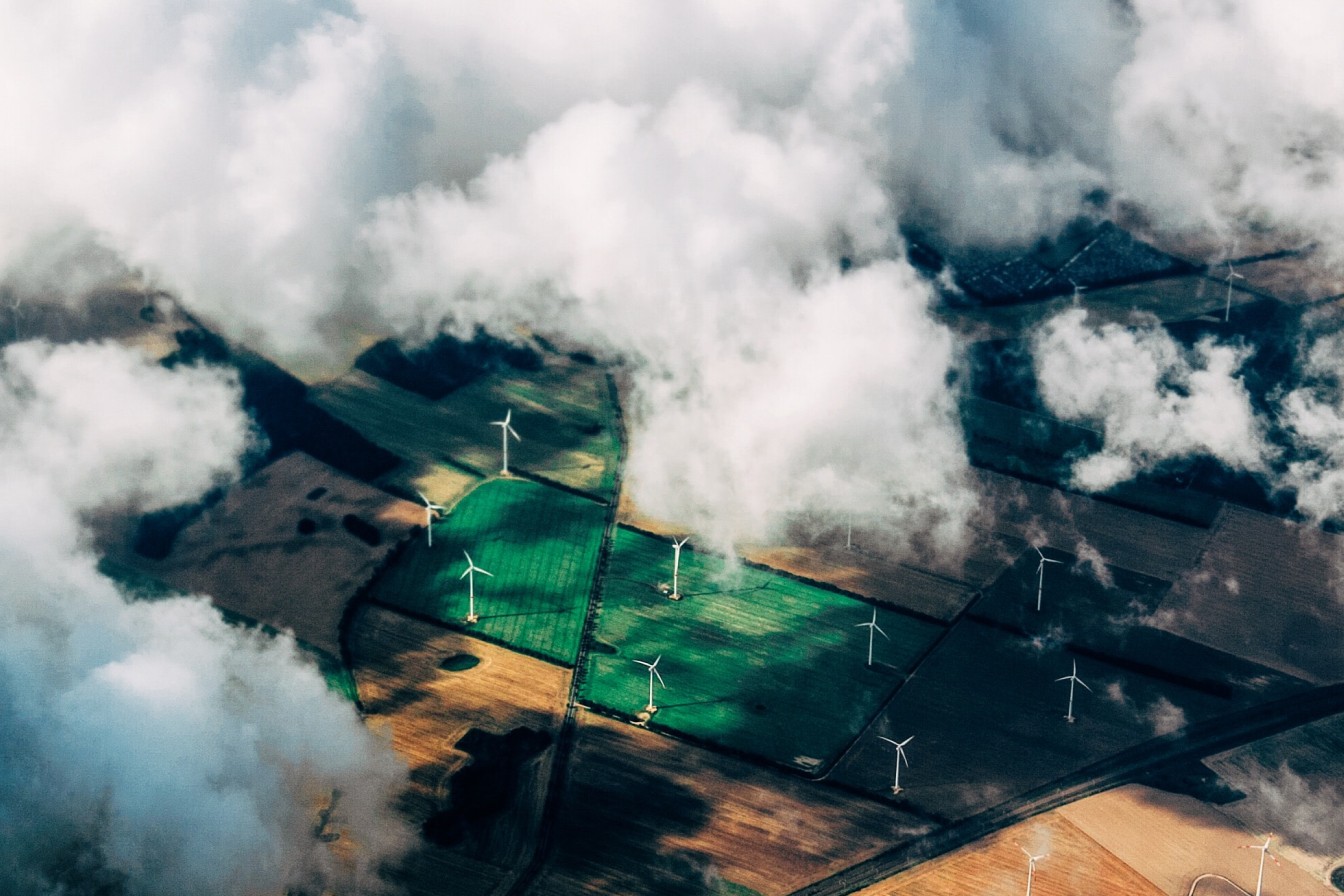Market and economic update
Like many central banks globally, the US Federal Reserve has been aggressively raising rates to try and tackle inflation. Between February and October this year, the Fed raised its policy rate by 3% to 3.25%. However, pent-up demand resulting from the COVID-19 restrictions combined with huge amounts of stimulus injected into the economy continue to drive inflation forward, with many of the supply-side issues yet to iron themselves out. Bank deposits are sitting at $2.7 trillion, 10% above their pre-pandemic trend, while labour markets remain tight with the unemployment rate at 3.5%.
With the US economy remaining resilient, markets are concerned with how aggressive the Fed’s response will need to be to get inflation under control, and the potential repercussions for both the US and global economy. The US 10-year government bond yield finished the quarter 82 basis points (bps) higher at 3.8%.
Meanwhile, the Euro area may already be facing recession when measured in real terms, with GDP struggling to keep up with inflation of 10%. The conflict between Ukraine and Russia continues to exacerbate energy shortages, driving the European natural gas price up to US$70/ million British thermal units (mmtbu) against a 30-year median of approximately US$5. Despite this, the European Central Bank (ECB) has lagged other central banks in raising rates, lifting the Main Refinancing Operations Rate to 0.5% in August and 1.25% in September - the first time it has been above zero since 2016.

The current environment stresses the importance of energy independence and the build-out of renewable energy.
There are some positive signs. Decreased industrial usage of gas and success in finding alternate gas sources to Russia have helped lift gas inventories to 88% of capacity (in line with the 2016-2020 average and well above 2021 levels for this time of year). However, it is unclear whether these and other measures will be enough to prevent an energy crisis in Europe as they head into winter. While timelines for bringing renewable energy generators online make it challenging to resolve immediate energy concerns, the current environment stresses the importance of energy independence and the build-out of renewable energy. Europe remains one of the leading regions for renewable energy investment with significant development expected this decade.
At home, the Reserve Bank of Australia (RBA) has continued its battle with inflation, which rose to 6.1% YoY in June; the highest annual change in over 30 years.
Despite this, the quarter-on-quarter change had declined slightly, perhaps contributing to the RBA’s October decision to slow down its efforts with a 25bps increase to its policy rate, rather than the expected 50bps, buying some time for the impacts of the rate rises implemented to date to flow through the economy. Compared to the US, the Australian Government bond yield rose by a relatively constrained 23bps over the quarter, finishing at 3.89%.
While the Australian economy currently remains strong, with the unemployment rate at 3.5%, our commodity-driven economy faces a challenging global outlook. While most central banks are tightening policy to address inflation, creating its own implications for the growth outlook, the People’s Bank of China has been loosening policy as its economy slows to its lowest rate of growth in decades; driven by an ongoing property crisis and continued lockdowns as part of its zero-COVID policy. Hong Kong’s Hang Seng index and the MSCI China index fell 20.1% and 21.6% respectively over the quarter.
